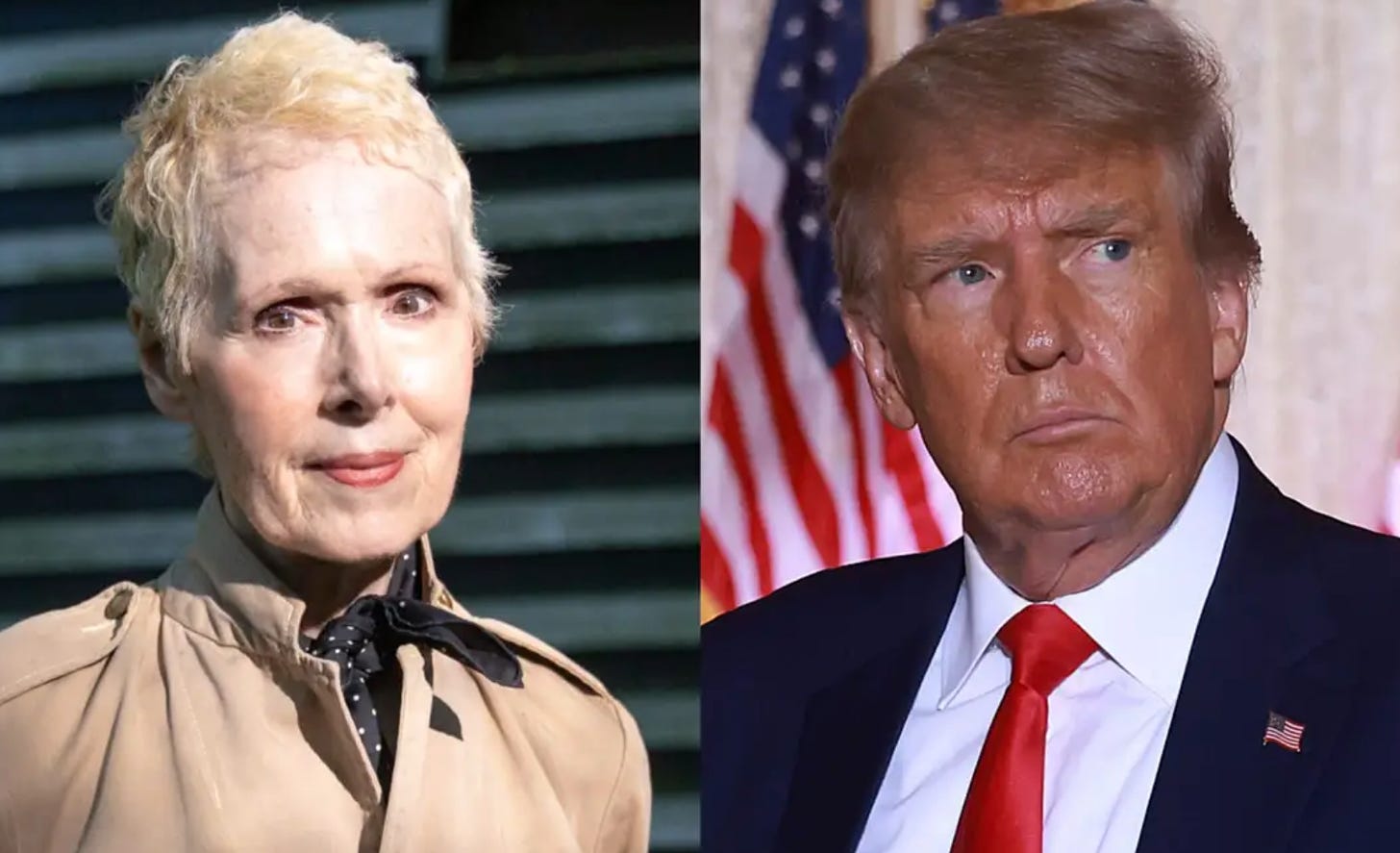Why a Court's Order of an Anonymous Jury in Trump's Civil Suit May Impact his Criminal Case.
A federal judge presiding over the E. Jean Carroll civil lawsuit against former President Donald Trump has vowed to keep jurors’ personal information confidential and take additional security measures in light of Trump’s history of attacking the legal system.
Judge Lewis Kaplan cited Trump’s recent comments regarding the Manhattan District Attorney’s investigation into alleged hush money payments made to adult film star Stormy Daniels as a reason to safeguard jurors to the fullest extent possible.
In an order issued on Thursday, Kaplan wrote, “Mr. Trump’s quite recent reaction to what he perceived as an imminent threat of indictment by a grand jury sitting virtually next door to this Court was to encourage ‘protest’ and to urge people to ‘take our country back.’ That reaction reportedly has been perceived by some as incitement to violence.”
Judge Kaplan's use of the Manhattan case as an example of why the jury in the civil suit he oversees requires heightened protection, highlights the judiciary's awareness of the perils that former President Trump poses to the rule of law. This serves as a potential indication of what measures a judge presiding over Trump's criminal case could take to safeguard both the prosecutor and jury from harm.
The likelihood is high that if indicted in Manhattan, Trump will continue his malicious attacks on prosecutors, utilizing deceitful language and dangerous rhetoric that could potentially endanger jurors. With this in mind, a judge overseeing a potential Manhattan case may utilize Kaplan's words to advocate for a gag order against Trump on social media. This could mean that Trump could conceivably face arrest if he posts online attacks against jurors or prosecutors.
Neither Carroll nor Trump made the request to Judge Kaplan, who was appointed by President Bill Clinton, to restrict access to the jurors' personal information, including their names and addresses. Instead, it was Kaplan himself who proposed the idea and declared that he would implement the secrecy measures despite objections raised by two media organizations.
On April 25, the trial for Carroll's lawsuit, which accuses Trump of battery and defamation, is set to commence.



